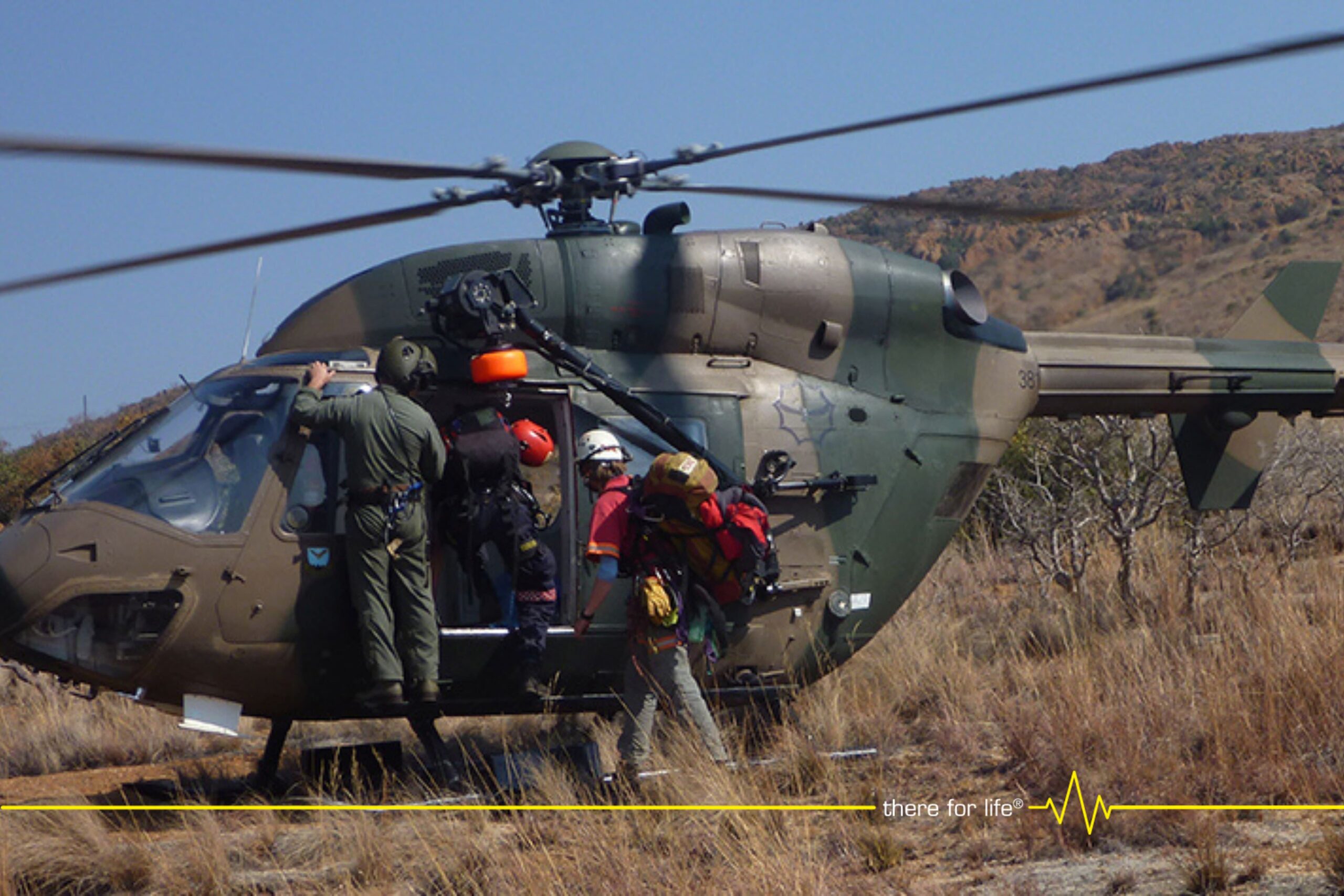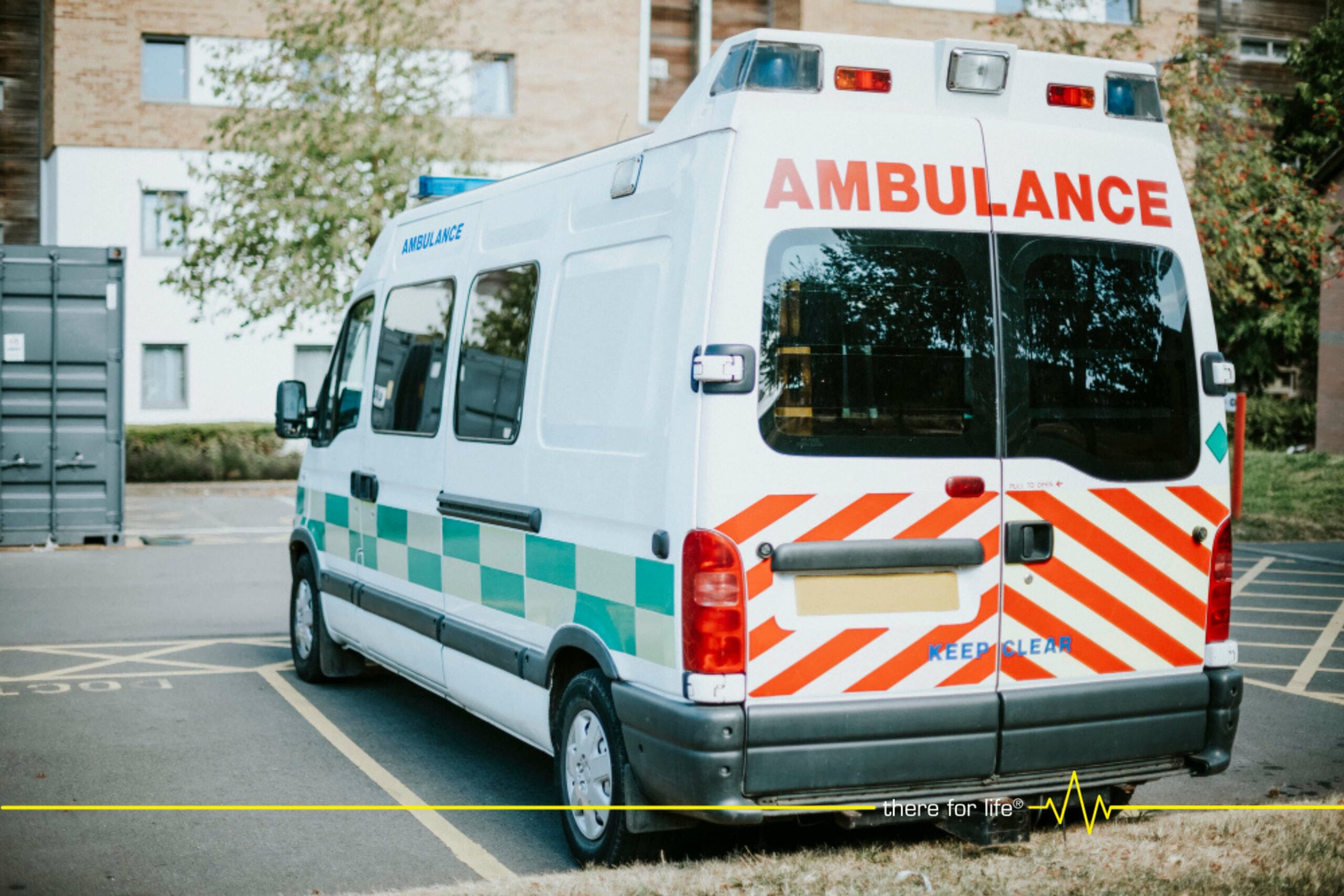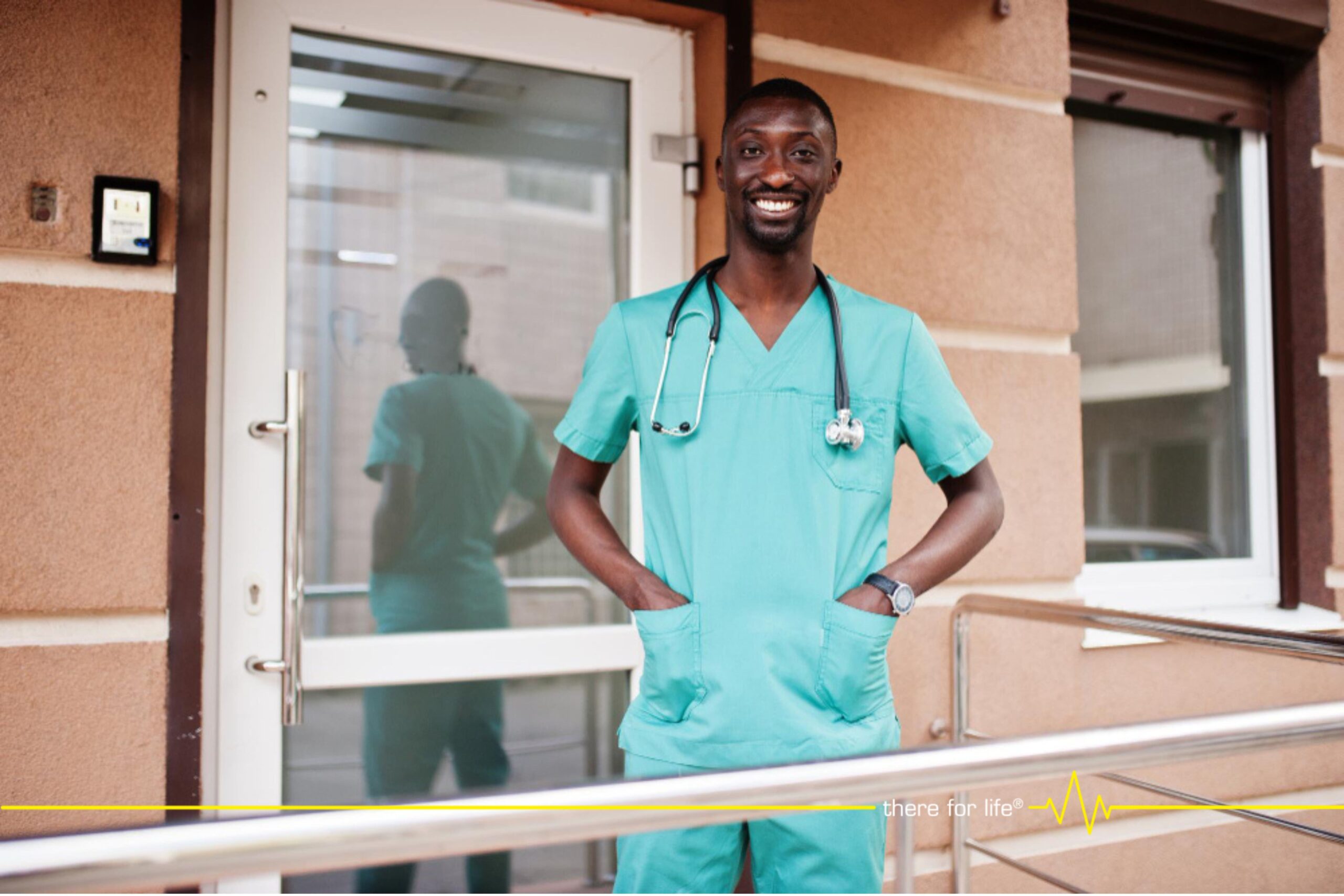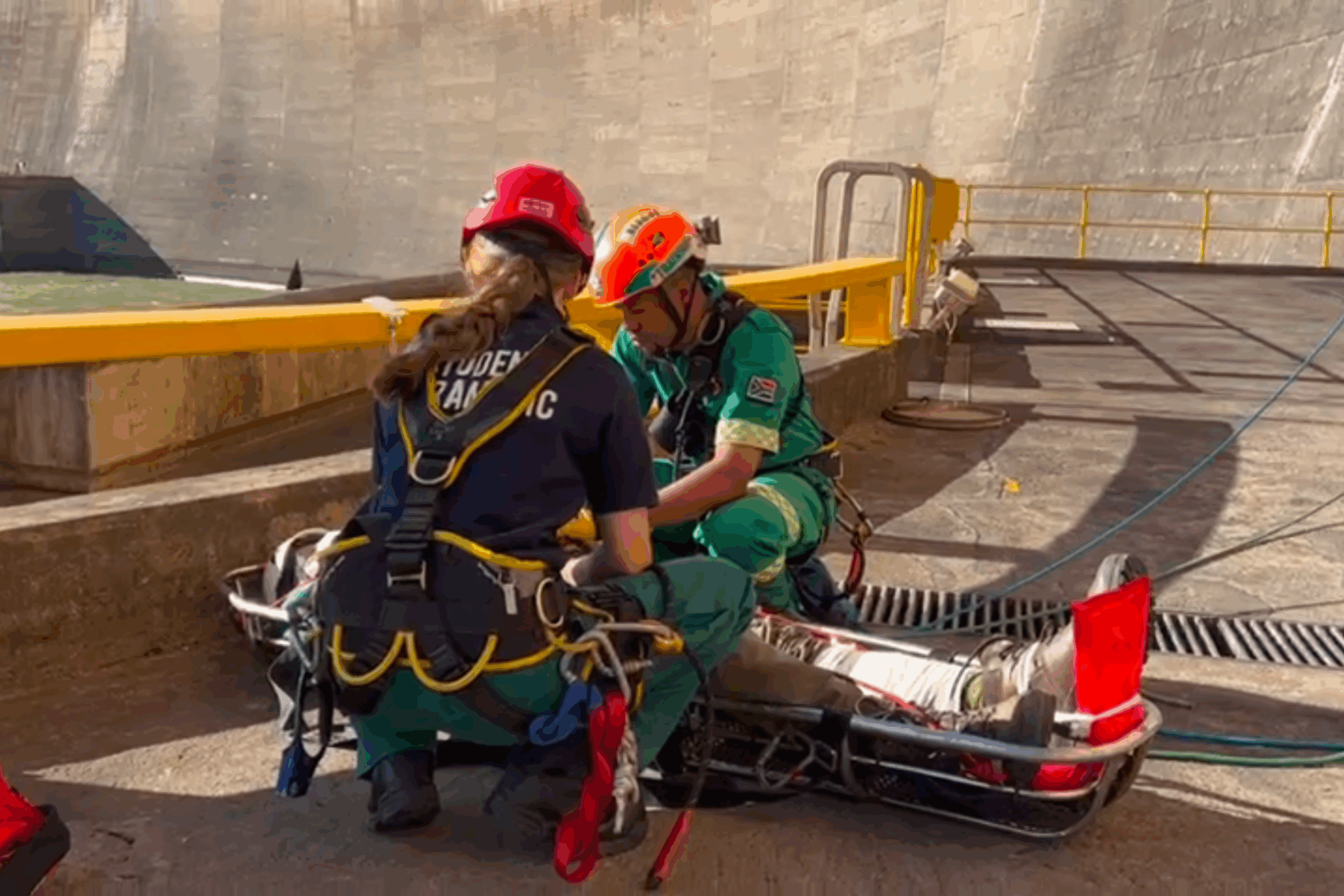Remote site medical services significantly address the health challenges of workers working on remote Greenfield and Brownfield projects. These project sites are often high-risk environments, especially where the risk for illnesses, accidents and injuries is concerned. For this reason, multinational corporations are partnering with specialist medical and rescue service providers, like ATA International. In the blog below, we unpack the challenges faced on these project sites, the types of medical services required and provide a case study on how ATA International was able to assist their client with managing the COVID-19 pandemic onsite to meet the organisations’ duty of care obligations effectively.
Understanding Remote Site Health Challenges
Isolated and remote site projects, such as those in remote areas, offshore locations, or deep in the wilderness, present unique health challenges due to their distance from medical facilities, limited access to resources, and the isolation of workers. These challenges can vary depending on the nature of the project and the environment, but some of the most common health challenges include:
- Limited access to medical care – Remote projects often lack immediate access to medical facilities and healthcare professionals. This can be a significant concern in emergencies or for routine medical needs.
- Medical evacuation – Evacuating injured or seriously ill individuals from remote locations can be challenging and time-consuming. This delay can worsen medical outcomes in critical situations.
- Communications – Poor or unreliable communication infrastructure can hinder seeking medical advice or emergency assistance. It can also lead to delays in accessing medical information or coordinating care.
- Infectious diseases – In isolated environments, the spread of infectious diseases can be a concern due to close living quarters and limited medical resources.
- Environmental hazards – Remote areas may expose workers to unique environmental risks impacting their health, such as extreme temperatures, wildlife, and natural disasters.
- Supply chain challenges – Securing and maintaining a supply of essential medical equipment, medications, and other healthcare resources can be complex in remote locations.
Multinational corporations must ensure they have the quality proper medical services and qualified personnel on-site to address these unique health challenges. Many of these organisations do not have the knowledge or experience to identify and deploy these kinds of medical services, which is why they turn to providers like ATA International, who have extensive experience in procuring, implementing and delivering the right remote site medical services required for remote
Greenfield and Brownfield projects across Africa. We expand on what these services include in more detail below.

The Role of Remote Site Medical Services
Remote site medical services are crucial in providing healthcare and medical support to workers working in locations far from traditional healthcare facilities. These remote sites include offshore oil rigs, mining operations, construction sites in remote areas, military bases, wilderness expeditions, and more. The role of remote site medical services encompasses several vital functions:
- Emergency and Rescue Services – Remote site medical and rescue teams are often the first responders in case of accidents, injuries, or medical emergencies at these isolated locations. They provide immediate care, stabilise patients, and deliver them to on-site medical facilities or prepare them for evacuation if necessary.
- Medical Staffing – Medical staffing is critical to providing these sites’ emergency, rescue and medical care. Remote medical services providers will identify what kind of medical personnel are needed on the project site and ensure they have the training, skills and experience required to provide workers with the best possible medical care.
- Primary Healthcare Services and Medical Assessments – These services focus on preventing health issues through regular check-ups, health assessments, and implementing health-related initiatives and programmes. This includes monitoring and promoting proper nutrition, hydration, and sanitation to prevent illness.
- Occupational Health – Remote site medical teams are responsible for ensuring the health and well-being of workers in specific industries like mining, construction, or offshore drilling. They conduct pre-employment medical examinations, monitor employee health, and manage workplace health risks.
- Medical Evacuations – Medical evacuation may be necessary when a patient’s condition requires treatment that cannot be provided at the remote site. Remote site medical teams coordinate and facilitate these evacuations involving helicopters, fixed-wing aircraft, or other transportation methods.
- Health Education and Training – Remote site medical providers often provide training to site personnel on topics like first aid, protocols, and hygiene practices. Educating workers on preventive measures can reduce the risk of injuries and illnesses.
- Logistics and Supply Management – Managing medical supplies and equipment is critical. Remote site medical providers ensure that necessary medications, medical equipment, and supplies are stocked and readily available.
- Mental Health Support – Working in remote and isolated environments can be mentally challenging. These services may also include mental health support and counselling to address stress, anxiety, and other psychological issues that can arise in such settings.
- Environmental Health – Monitoring and mitigating environmental factors that can impact health, such as exposure to extreme weather conditions, toxins, or infectious disease outbreaks, is another crucial aspect of remote site medical services.
- Compliance with Regulations – These medical services must comply with relevant regulations and standards, which vary depending on the industry and location. Ensuring compliance helps maintain a healthy work environment.
In summary, remote site medical services provide comprehensive healthcare and support to workers working or residing in remote and challenging environments. Their focus extends beyond emergency care to encompass preventive measures, occupational health, education, and logistical support to ensure the well-being of workers on the project sites. ATA International is a leading remote-site medical service provider implementing all the abovementioned services. The case study below showcases how ATA International implemented a complete turnkey remote medical service solution for a client to manage the COVID-19 pandemic effectively.
Case Study: How ATA International’s Medical Services Saved Our Clients’ Company Amidst the Pandemic
At the end of 2019, the world was at the grips of a crippling global pandemic known as COVID-19. The pandemic saw many countries declaring a state of emergency, and with this came the implementation of strict travel restrictions and complete border lockdowns. This significantly impacted several of our clients within the Oil & Gas industry. One such client, with a project based in Angola, needed specific measures to be put in place to ensure minimal
downtime while managing the health and well-being of their employees during the pandemic. ATA International Holdings assisted by providing medical support services, which decreased the risk of exposure and, ultimately, infection rates, with the primary objective of mitigating the possible fatalities caused by COVID-19 being successfully achieved.
Challenge
With the Local Government announcing the imminent shutdown of their borders, our client was in a challenging position. The client needed to continue daily operations. However, the threat to the health and well-being of the staff compliment was a critical concern.
The client subsequently turned to ATA International Holdings to provide medical support in the form of trained medical professionals with the capabilities to manage the spread and possible effects of COVID-19 at a project level.
Solution
ATA International Holdings identified a significant risk factor related to this project. This was the shortage of access to on-site professional medical staff who would ensure the protection of employees and the management of COVID-19 to ensure that the site could continue to operate. To manage this risk, ATA International Holdings and the client gained special permission from the Local Authorities to move medical personnel during the travel restrictions to ensure the on-site medical staff requirements were met.
ATA International Holdings compiled a team of 36 medical professionals, including doctors and nurses, who worked in three-month cycles on-site in the initial stages of the project due to travel restrictions. In addition to the medical personnel, ATA International Holdings sourced and procured the vital medical equipment required to ensure that should employees contract COVID-19, the appropriate medical equipment would be on hand to manage the various stages of the virus. This included ventilators, respiratory devices, and proper medical consumables.
In collaboration with the Angolan Ministry of Health (MINSA), ATA International Holdings set up a fully functional state-of-the-art COVID-19 treatment facility on-site for virus management. The
focus of this facility was to implement an array of COVID-19 protocols aimed at minimising the spread of the virus and ultimately mitigating any casualties. This included, but was not limited to:
- PCR testing for inbound and outbound site employees.
- Managing social isolation.
- The treatment of positive-mild employee symptoms and managing high care and ICU admissions.
Our ATA International Holdings medical staff members tested between 50 – 170 employees per week. At the height of the pandemic, the team tested over 300 employees and managed more than 103 mild symptomatic cases. To further mitigate the risks of COVID-19 on this specific project, ATA International Holdings offered internationally certified medical training courses for staff. These training courses included:
- Basic Life Support for Healthcare Providers
- Advanced Cardiovascular Life Support
- International Trauma Life Support
Result
Through the turnkey medical services and solutions implemented by ATA International Holdings, our client minimised the spread of COVID-19 while ensuring that daily operations continued without interruptions. All infected staff members were treated with the utmost care from medically trained and certified professionals, resulting in zero fatalities at the on-site COVID-19 facility.
In unprecedented times like these, the right systems and teams need to be in place to ensure the preservation of life. There are no second chances when it comes to the health and well-being of employees during a global pandemic. Every staff member’s health should be at the core of all business operations, and ATA International Holdings makes this a reality.

Conclusion
From the above, it is clear that remote project sites have several unique health-related challenges that need to be mitigated. By partnering with the correct remote site medical service provider like ATA International, Multinational corporations can meet their duty of care obligations and ensure the health and well-being of all employees on these project sites and even in the most testing conditions, as illustrated in the case study above. For more on ATA International and the remote site medical services and solutions available, visit: https://ata-international.com/services/on-site-medical-staff/

